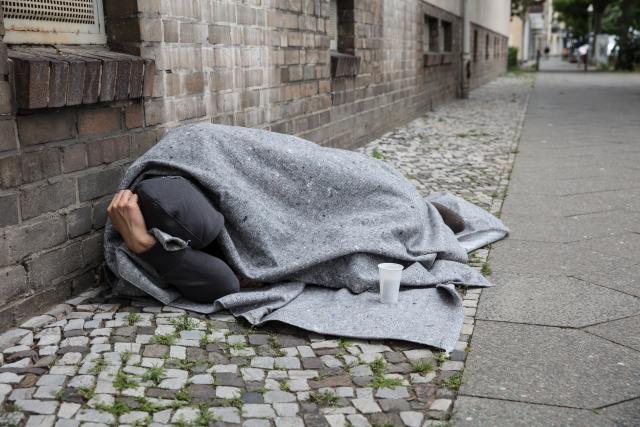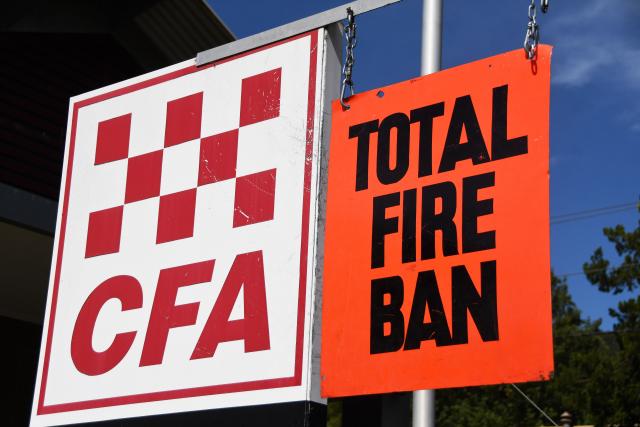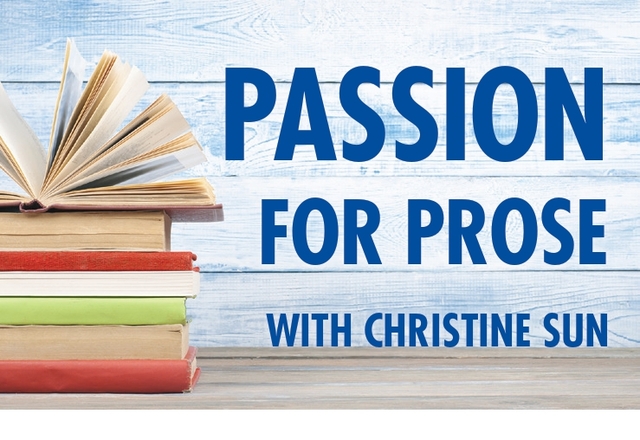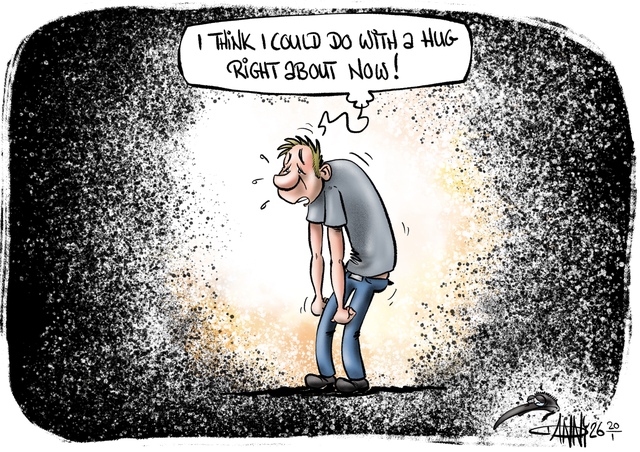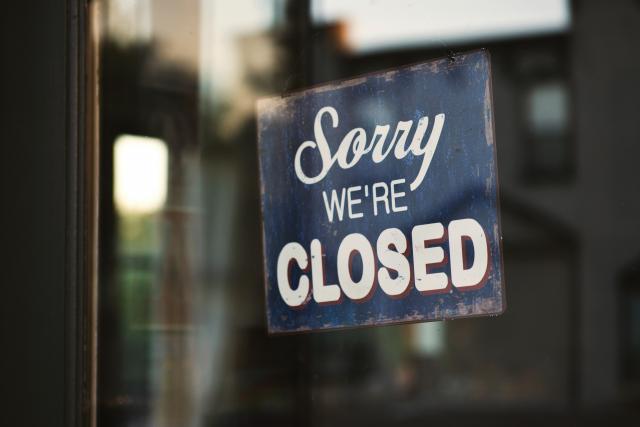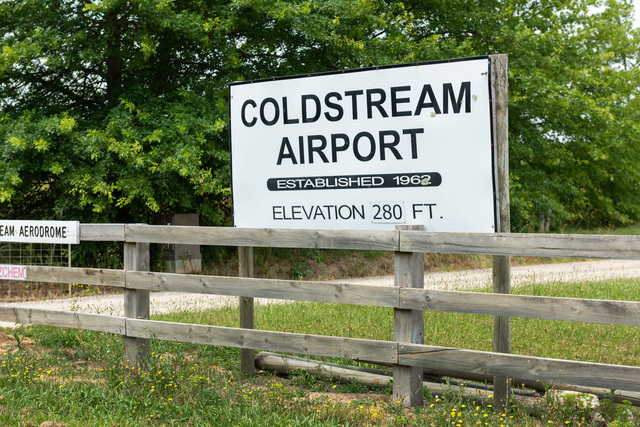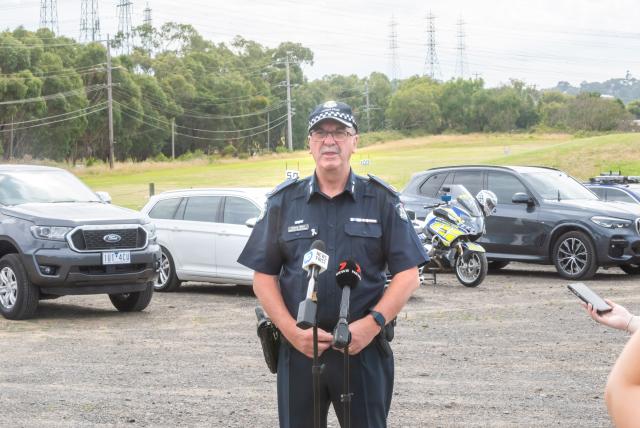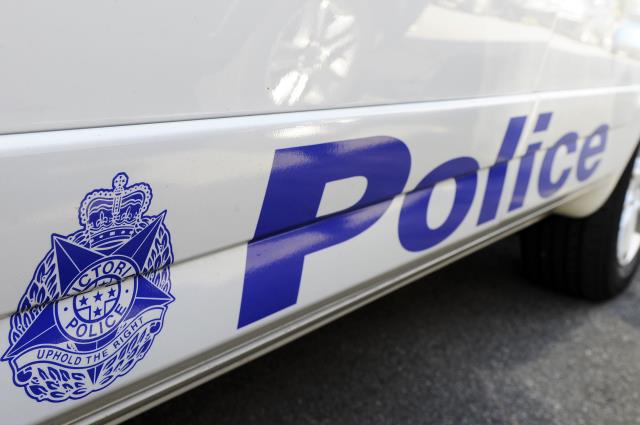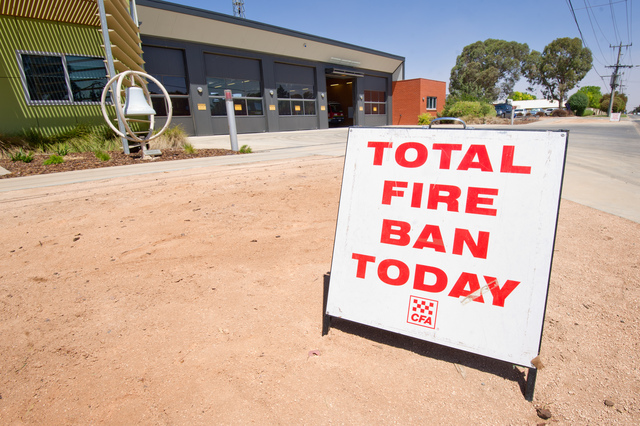New analysis from Council to Homeless Persons (CHP) has found that the Evelyn and Croydon electorates are two of the top 20 districts where homelessness is surging.
Breaking down the 2021 Australian Bureau of Statistics Census data, CHP identified the percentage increase in homelessness since 2016 across each Victorian electorate.
Evelyn came in at number 16 with an increase of 67 per cent, while Croydon ranked 17 out of 20 with an increase of 65 per cent.
While far from the 465 per cent increase seen in the South Barwon district in Western Victoria, the figure is still concerning for local MPs and services.
“These figures are deeply concerning. Stable housing is essential to helping those in need get a roof over their head,” Croydon MP David Hodgett said.
“There has been no significant increase in the number of suitable new homes; waiting lists are getting longer; and vulnerable Victorians deserve better.”
In Evelyn there were five times the number of people living in boarding houses compared to 2016, as well as double the number of people resorting to severely crowded dwellings.
Boarding house accommodation was four times higher in Croydon in 2021 and the number of people living in supported accommodation rose by 74 per cent in five years.
Mr Hodgett said unfortunately the figures released by CHP did not come as a surprise to him, hearing and seeing the impact within his electorate on a regular basis.
“The enquiries my office staff have been dealing with over the last couple of years have steadily increased,” he said.
“Just recently, we had a 78-year-old woman that we were assisting who was homeless, so this is affecting all walks of life.”
Anchor CEO Heidi Tucker said a multifaceted response is needed to address the growing homelessness crisis across the state but especially in the Yarra Ranges.
“The Outer-East is underserved when it comes to building more social housing, as well as for people’s access to support services such as healthcare and mental health,” she said.
“There is no emergency accommodation other than hotels/motels, there is no youth refuge further out than Ringwood.
“Housing is the first critical step in creating stability in people’s lives before they can address any of their other needs like health, education, and employment.”
Although supportive of the Big Build project, Ms Tucker said too little of it will cater to the growing number of people requiring social housing in the outer east.
A Victorian Government spokesperson said the 2023-24 budget seeks “to break the cycle of homelessness” by providing housing across the state.
“Our landmark $5.3 billion Big Housing Build is also ensuring more vulnerable Victorians have a roof over their head, with $62.5 million already invested towards Maroondah to deliver 147 new homes, and $5 million already invested towards Yarra Ranges region to deliver 21 new homes,” they said.
While this is a substantial investment in the east for housing, Mr Hodgett said with thousands on the current waitlist, more needs to be done.
“We know there are record numbers of Victorians waiting for a roof over their heads. New figures released by the Victorian Housing Register confirm 67,120 Victorians were on the public housing waitlist as of December 2022, an increase of 3,376 people over the previous 12 months,” he said.
“We are facing a housing crisis and I continue to work with a growing number of people in my electorate, who are at risk of homelessness, or are homeless and seeking urgent public housing.”
Nationals MP for Eastern Victoria Melina Bath said she would like to see people submitting to the Parliamentary Inquiry into the rental and housing crisis in Victoria, which ends in July.
“I have spoken with individuals, relief agencies, local councils and property agents, and the overwhelming response is it’s an incredibly difficult market for people looking for somewhere to live,” Ms Bath said.
“The rise in property prices, cost of living and interest rates have added even more pressure, making it challenging to find a safe and secure place to live.”
Ms Bath said it was concerning knowing the extent of Victoria’s public housing waitlist, particularly given five Eastern Victorian electorates were ranked in the top 20 by CHP.
“Those in urgent need of public housing assistance are forced to wait years to get a roof above their heads,” she said.
“Many have little choice and are stuck using unsuitable transitional housing options including homelessness, sleeping rough, couch surfing, boarding houses or crisis accommodation.”
For Ms Tucker this new analysis of the Census “paints a stark picture of how quickly homelessness rates are rising” particularly among two groups.
“There has been a 40 per cent increase in Aboriginal members of the community identifying as homeless, as well as more instances of young people and children requiring crisis support and accommodation,” she said.
“Youth homelessness is also a concern. A young person or child will have life-long impact and trauma from experiencing homelessness. We want to see that they receive extra support to ensure their wellbeing and get them back on track.”
Anchor sees housing and services going hand in hand to meet the needs of those experiencing homelessness or who are on the verge of homelessness.
“Housing needs to be seen as important as road and rail projects. It is a key infrastructure that impacts the economy – if people don’t have adequate housing, their ability to access employment or education also disappears,” Ms Tucker said.
“Their ability to access support gets diminished and they end up requiring crisis support.”
This year, the State Government will provide $300 million to specialist homelessness agencies, including more than $18 million each year homelessness services in the outer eastern suburbs.
“Every Victorian deserves a safe and secure home, and that’s why the Victorian Government is working closely with specialist agencies to support people who are experiencing or are at risk of homelessness,” the spokesperson said.

